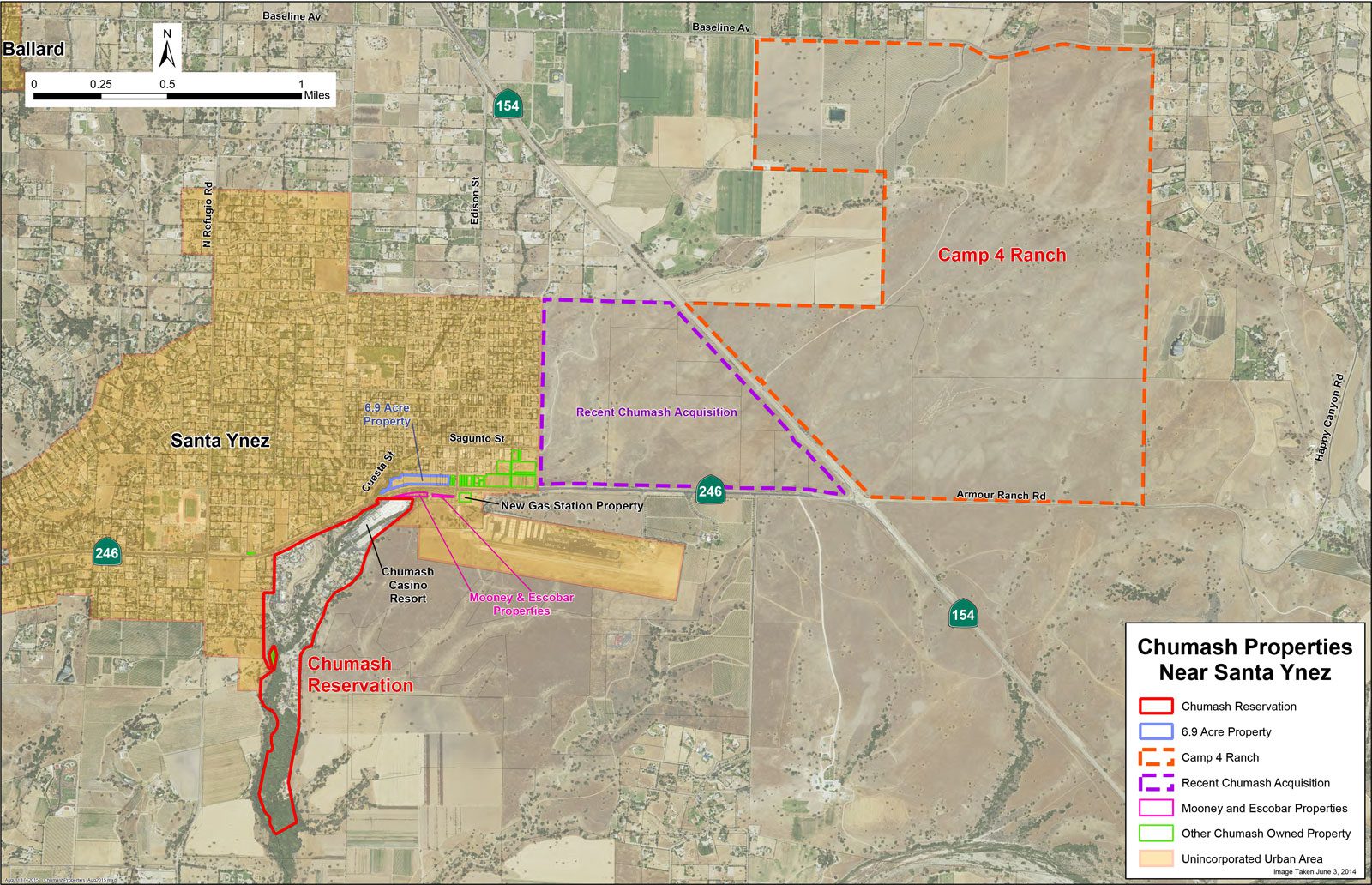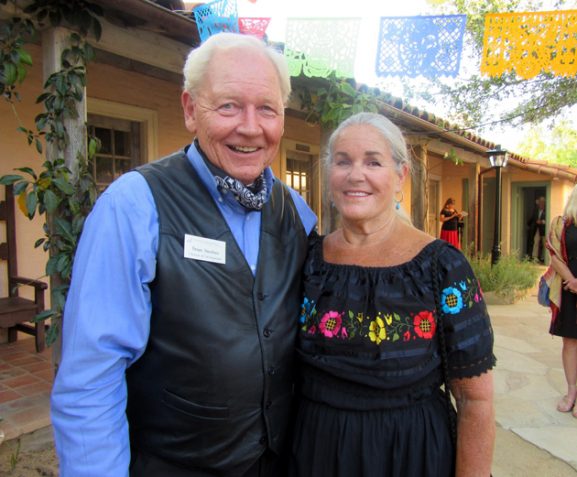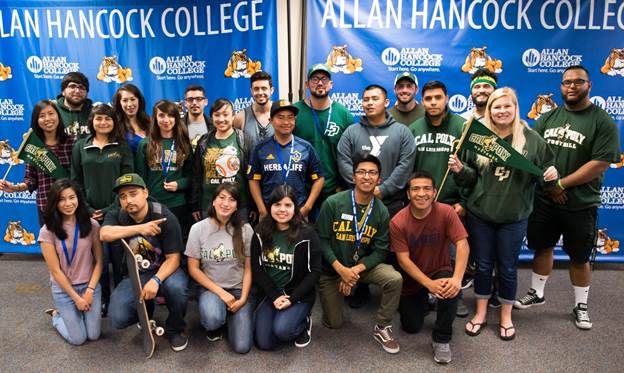SYV Star Staff
The Santa Barbara County Board of Supervisors unanimously decided to push their meeting regarding the Chumash’s Camp 4 property to their special meeting on Tuesday, October 31, during their regular session on Tuesday.
The ad hoc committee consisting of Third District Supervisor Joan Hartmann and First District Supervisor Das Williams have been working with the tribe since February of this year and new Tribal Chairman Kenneth Kahn. Committee members said they have met nine times to discuss the tribe waiving its sovereign immunity over the development and other terms of the agreement, including financial arrangements and limits on future use of the land.
In late September, the committee announced a breakthrough agreement for the development of the tribe’s property at a meeting at St. Marks-in-the-Valley Episcopal Church, however a majority of those in attendance disapproved that the agreement has been reached in private, without time for proper public review.
During the public comment before they moved to postpone, Santa Ynez Valley resident Alex Jones questioned Williams intent saying he should recuse himself after taking campaign contributions from the tribe, and an $18,000 donation after his election.
Williams defended his position saying that the money donated was used to help establish the Community Services District in Isla Vista and he hasn’t broken any laws.
Jones’ mother Karen Jones, who was a contender in the last election against Hartmann, said that her family’s ancestors were part of this land as well, and if the Supervisors go forward with the agreement they will destroy the valley.
“My husband’s roots date back to W.W. Twist, the first Sheriff of the county and he was thrown out because he wouldn’t hang two Chumash convicts. Let’s slow this down and collect data. Joan you know I like you, but I hope you don’t side with these two (referring to Williams and Second District Supervisor Janet Wolff) because it will destroy this valley and this can’t be undone,” Jones said.
Since purchasing the 1,400 acre property east of Highway 154 in 2010, the tribe has sought to place the land in trust, which makes it part of the Chumash reservation and therefore the tribe’s sovereign property, exempt from local taxation and land-use rules.
Tribal leaders have said they want to build housing for the 143 enrolled members of the tribe and their lineal descendants. However, moving the land from private ownership into tribal trust could have disastrous economic and environmental effects, according to local opposition groups.
“The tribe has had the focus for many years of providing our members with housing and supporting our cultural programming and customs. This is a tough issue mitigating impacts, but I am confident we will be able to have this dialogue and work together,” Kahn has previously said.
One key item of the agreement calls for the Chumash to provide a limited waiver of sovereign immunity regarding the development, similar to a clause in the agreement by which the county provides law enforcement services on the reservation.
The tribe also agreed to develop the 1,400-acre property using 143 one-acre residential lots plus 30 acres for tribal facilities in the final environmental assessment.
The terms of the agreement have to be approved by the supervisors and the tribal members. The county would also abandon its federal litigation, and the Secretary of the Interior would need to approve the agreement or declare that federal approval isn’t required.
Under fiscal and environmental impacts, the agreement states that the county doesn’t have permitting authority of development and that tribal payments don’t constitute “taxes, exactions or fees.”
The tribal payments are intended to offset reduced revenue and other financial impacts to the county as it provides public services to the development.
The tribe will comply with the terms of the state Williamson Act, keeping the property in agricultural use until Dec. 31, 2023. If the Williamson Act status is terminated before then, by passage of federal House Resolution 1491, then the tribe would begin making annual payments of $178,500 upon completion of the first home and continue paying through 2040. Those payments over 17 years would total about $3 million.
The full draft agreement is available at www.countyofsb.org/tribal-matters.sbc.







